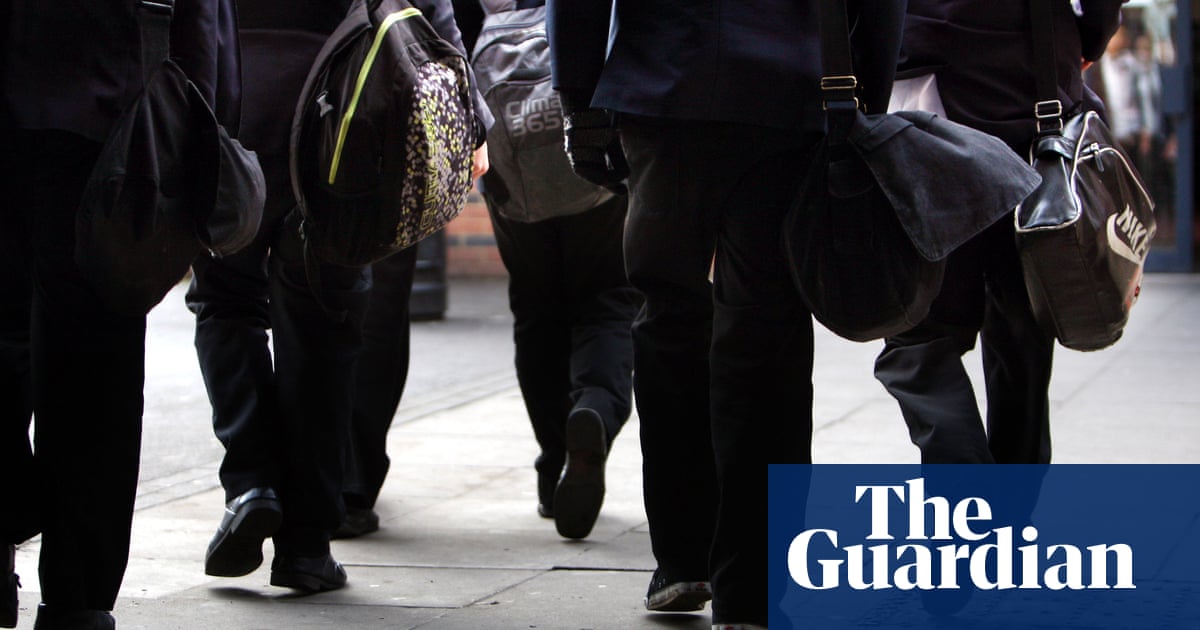Increasing numbers of children from poor backgrounds are being suspended from schools in England since the pandemic, according to analysis that estimates more than 3,000 pupils were sent home every day.
The analysis was published as teachers, who took part in a separate survey, said verbal and physical abuse from pupils has “increased significantly” post-pandemic, with some having furniture thrown at them, being bitten, spat at, head-butted, punched and kicked.
Meanwhile, the latest details from last year’s Sats tests published by the Department for Education (DfE) showed the “disadvantage gap” in results is still significantly higher than pre-pandemic, with too many children from poor backgrounds failing to meet expected standards in primary schools.
School suspensions, where a child is removed temporarily because of misbehaviour, have risen overall since Covid – up 30% in 2021-22 compared with 2018-19 - but they have gone up more sharply among disadvantaged children (up 75% v 4% for those not in poverty).
According to analysis by a new coalition called Who’s Losing Learning?, for the first time more than half of all suspensions in 2021-22 – the latest available figures from the DfE – involved children from poor backgrounds, who were 3.7 times more likely to be sent home than other children.
Both children with social workers and children with special needs were four times more likely to lose learning through being suspended, the coalition said. Repeat suspensions can be a warning sign of future permanent exclusion, when children are told to leave their school forever.
The new analysis found the increase in suspensions was highest in the East Midlands (up 57%), followed by the north-west and north-east (both 34%), while inner London saw a 7% increase.


